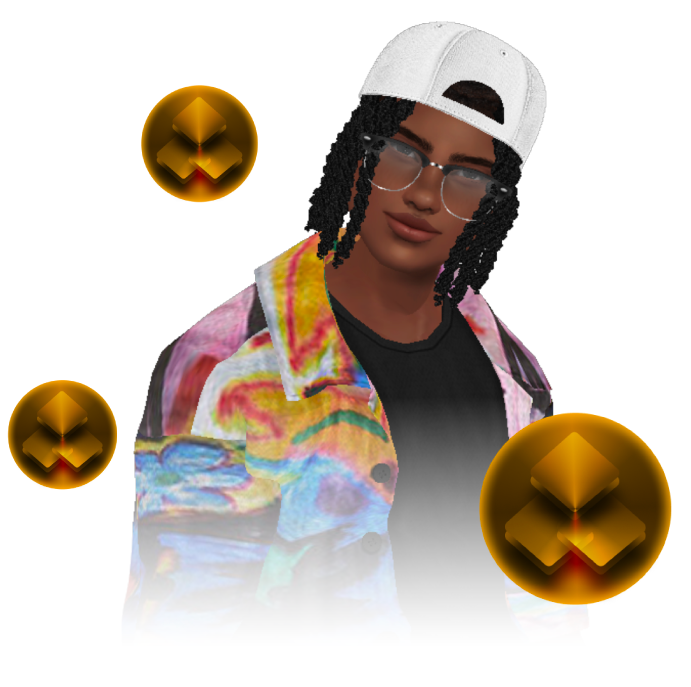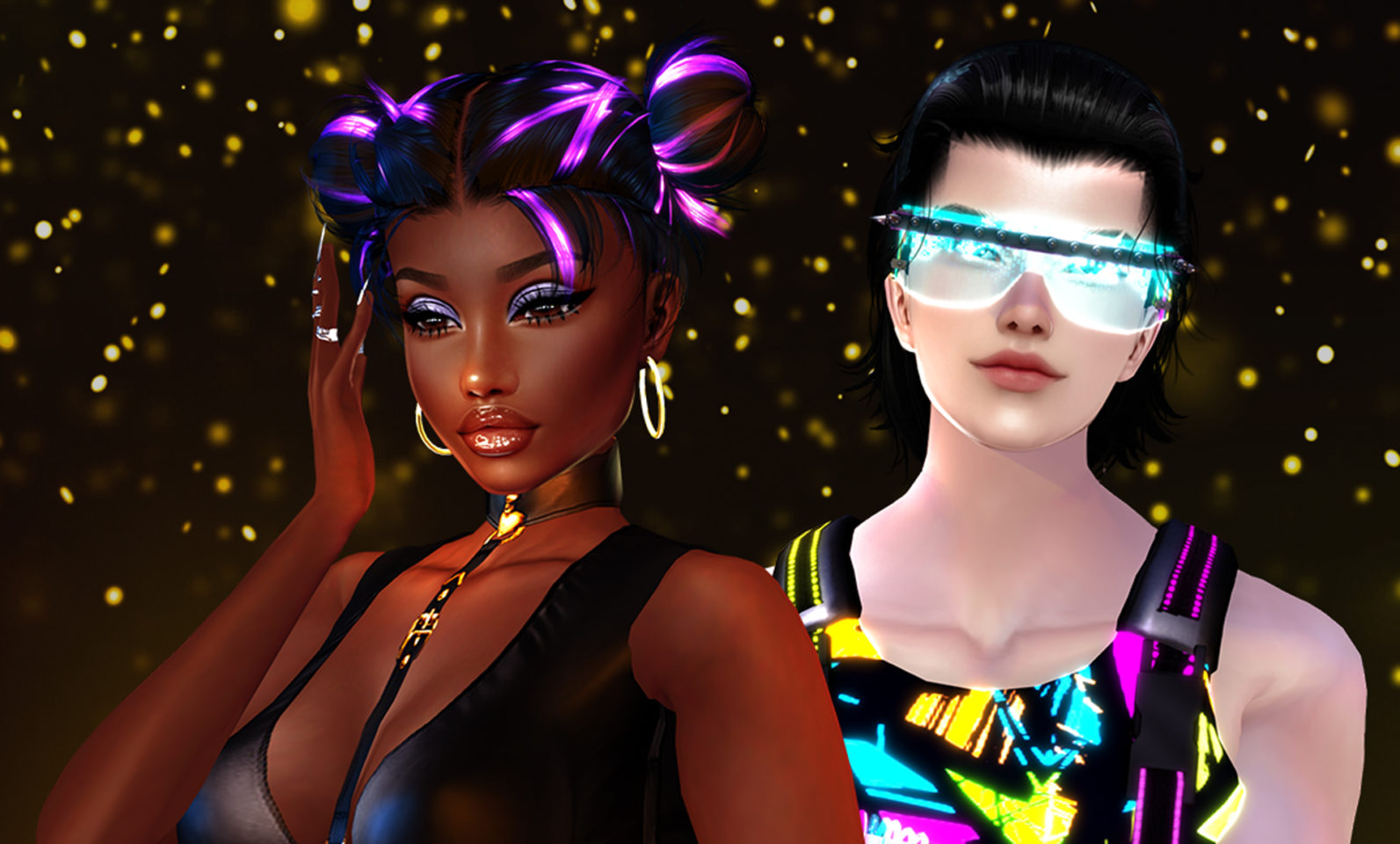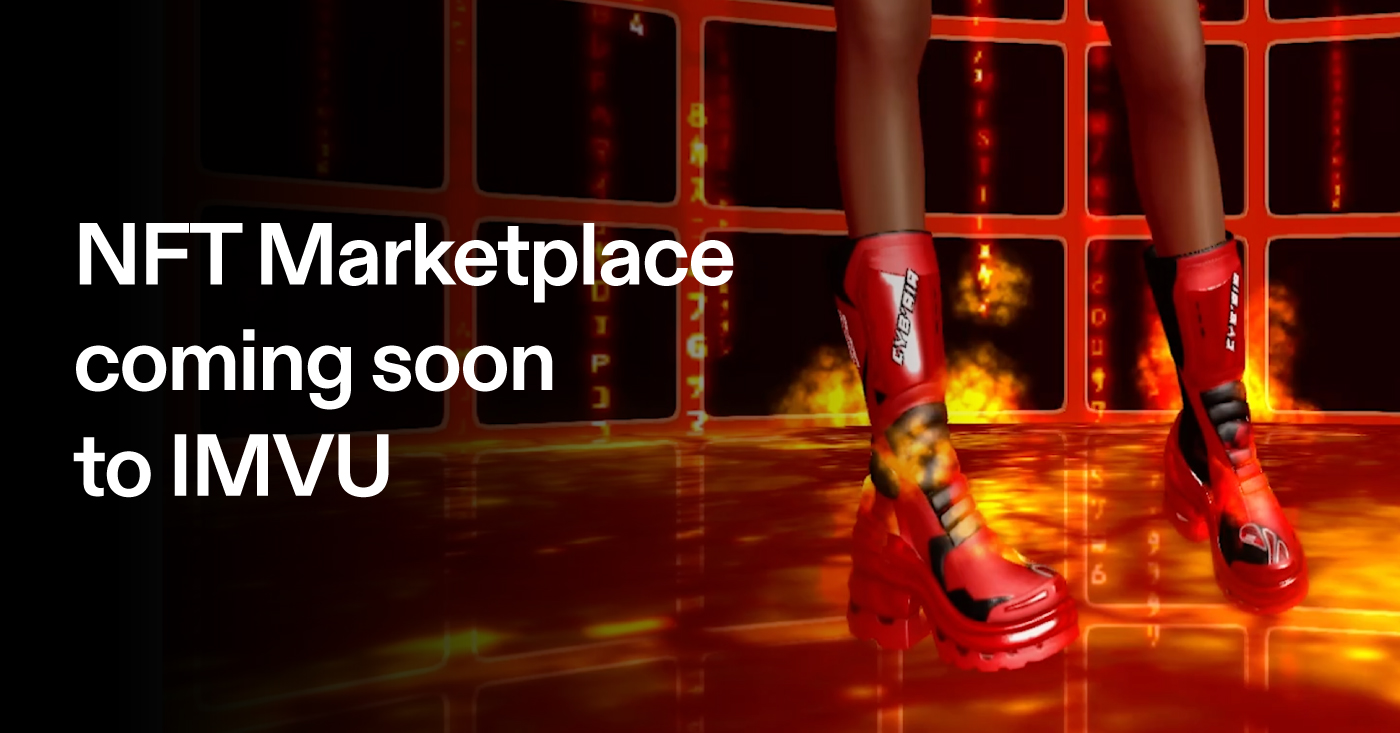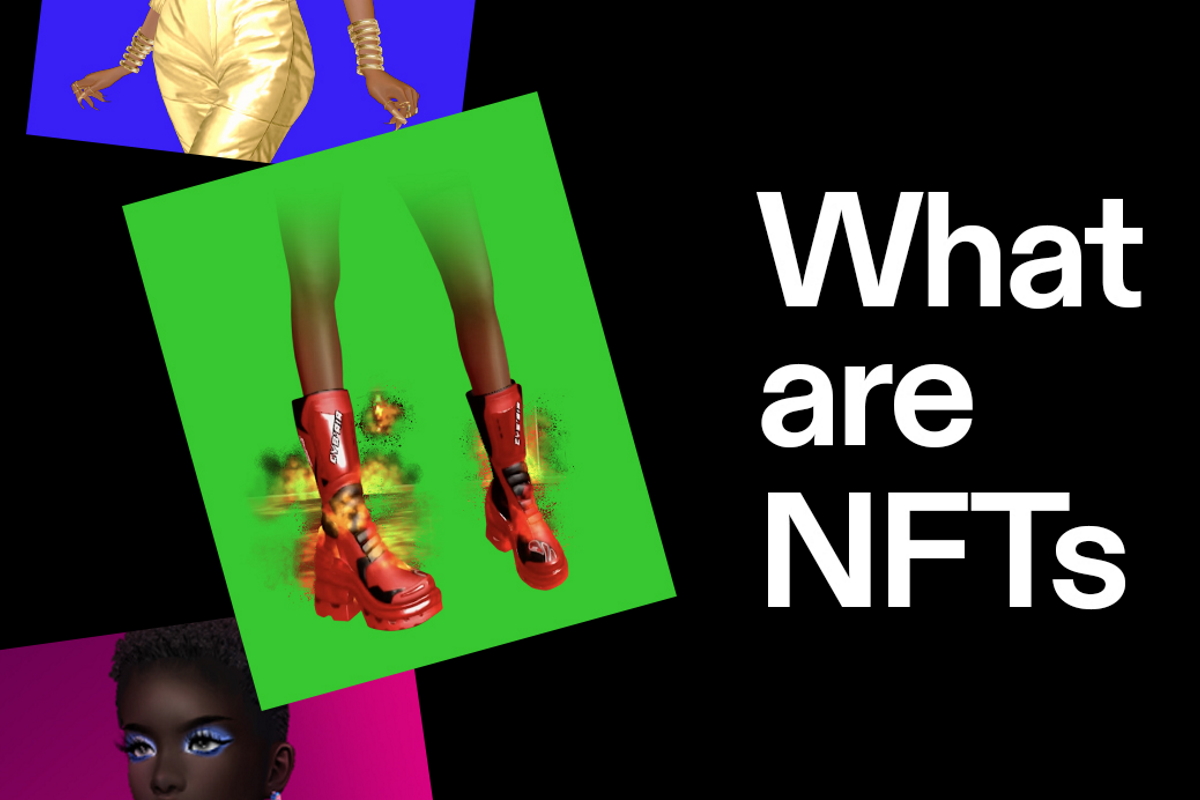NFTs have been in the news a lot recently. Love them or hate them, there’s no arguing that 2021 and 2022 have seen this industry boom in both adoption, and awareness.
But despite the continued coverage in the media, chatter on social media, and large brands jumping into the NFT space, a large number of people still ask the same question…
What is an NFT?
NFT. Non-fungible token. True ownership of your digital items.

NFT stands for “non-fungible token”. Fungible is a term that has been used for centuries, and it means that goods or assets have the ability to be easily interchanged with other goods or assets of the same type creating the same value or worth.
Okay, but what does this mean?
Money is fungible. If you have a $10 bill, and I have a $10 bill, we can exchange bills and still have the exact same value that we started with, $10. Likewise, you can exchange your $10 for two $5s, ten $1s, and so on. In the end, the value remains the same.
Paintings are an example of an item that is not fungible. A painting by the artist Michelangelo and a painting of the Teenage Mutant Ninja Turtle Michelangelo, even though both are paintings, one is worth more than the other. If two people were to exchange these paintings, both parties would still end up having the same type of item (a painting), but there would be a clear difference in price or value.
(Which one that is, we’ll leave up for debate.)
Paintings are not fungible in that they are unique and cannot be interchanged with items of the same type for the same value.
The same goes for trading cards, furniture, collectibles, and now NFTs (digital collectibles). Therefore, an NFT is a digital token or asset that is NOT fungible , also known as a non-fungible token.
NFTs are unique, digital assets.

Knowing what NFT stands for helps understand the concept, but assets like paintings and trading cards are easy to see and hold its value. Experts around the world can determine what these items are worth and what exactly they are. How does this same concept work online with NFTs? Each NFT is unique and non-fungible due to its unique ID on the blockchain.
Many associate NFTs with the “art” that others purchase and display online, but NFTs are more than the art you see; NFTs serve as a “certificate of ownership” with this unique signature or code that is verified on the blockchain when you purchase and own a digital item.
When someone purchases an NFT, they purchase a digital contract that contains the artwork (digital image) and other information, or metadata (information, URL, rules, and other files). The metadata located in an NFT’s contract points to what the user owns and makes it easily transferable if that owner wishes to resell their item at a later date.
Collectible digital art might be the main reason NFTs have become so popular, but because these contracts can hold any type of information and are easily transferable, they can also be used for many other things.
Real world physical assets can be tied to digital ownership, such as scans of contracts or deeds; items in games can also be linked to owners directly and transparently. NFTs are being used for special access to events or music venues where access ownership is verified, stored, and easily transferable if you’d like to sell your ticket at a later date. Any item where you’d like true ownership can essentially be linked using NFTs and blockchain technology because of its secure verification, transferability, and transparency.
NFTs are launching on the World’s Largest Friendship Discovery and Social Metaverse, IMVU.

The IMVU NFT Marketplace is launching soon with MetaJuice NFTs. Users within the IMVU metaverse will have true ownership of their digital assets, creators will benefit from the resell capabilities and royalties baked into the NFTs, and the entire community will benefit from the transferability and transparency that NFTs bring. It will also offer creators and users a chance to create items with collectability, and exclusivity. This process will be made possible through VCOIN, IMVU’s digital token created for the metaverse, and the new token, VCORE, launching soon on IMVU.
Ultimately, like many emerging technologies, the potential for NFTs is endless, and the most unique and exciting use cases are likely still to come. At MetaJuice, we’re constantly innovating and bringing new and emerging technologies into the metaverse making the entire experience and ecosystem better for the community, its users, and the creators. NFTs bring a lot of value both on and off platform and we cannot wait for NFTs with the IMVU community!


